Meet Our Available Puppies
Find the perfect ‘tail’ for your story!
The Puppy You've
Been Waiting For.
Product Title Here
Put a bird on it tumblr trust fund sustainable williamsburg green juice.
Product Title Here
Put a bird on it tumblr trust fund sustainable williamsburg green juice.
Product Title Here
Put a bird on it tumblr trust fund sustainable williamsburg green juice.
Product Title Here
Put a bird on it tumblr trust fund sustainable williamsburg green juice.
Product Title Here
Put a bird on it tumblr trust fund sustainable williamsburg green juice.
Product Title Here
Put a bird on it tumblr trust fund sustainable williamsburg green juice.
May 3, 2025
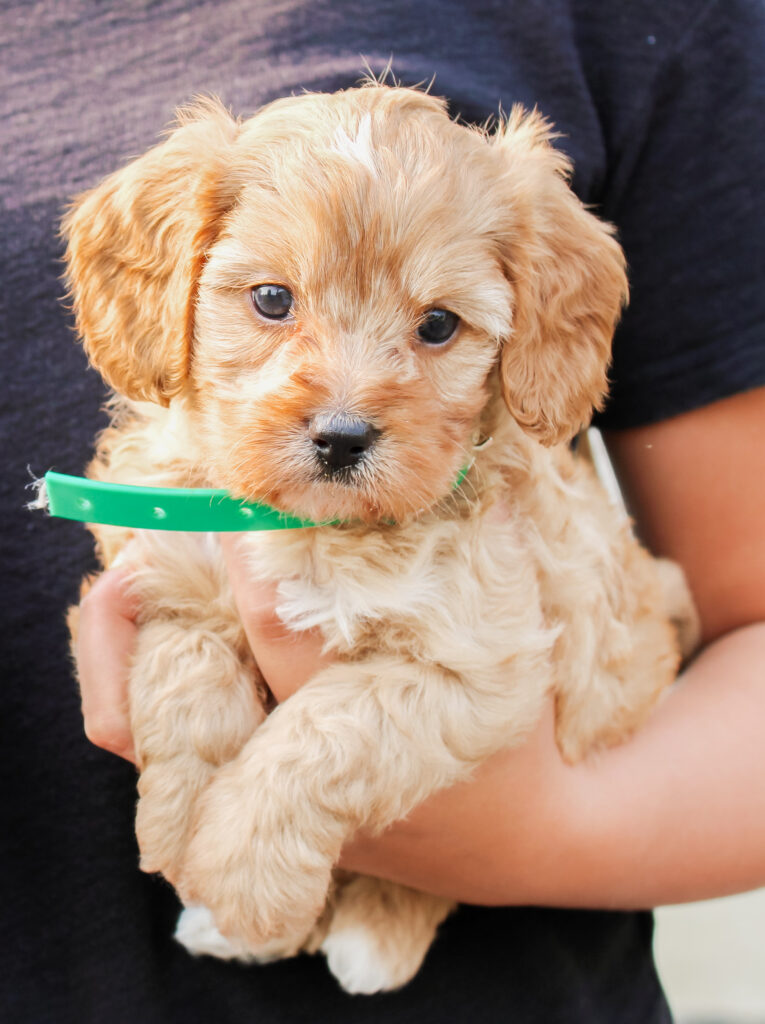
What Is a Cavoodle Dog?
Let’s start with the basics. A Cavoodle dog, also called a Cavapoo in the United States, is a cross between a Cavalier King Charles Spaniel and a Poodle (usually Miniature or Toy). They’re small—usually between 11 and 25 pounds—but they make a big emotional impact.
Imagine the sweet, people-focused nature of a Cavalier blended with the intelligence and low-shedding coat of a Poodle. That’s the Cavoodle: loyal, clever, hypoallergenic, and totally in sync with their people.
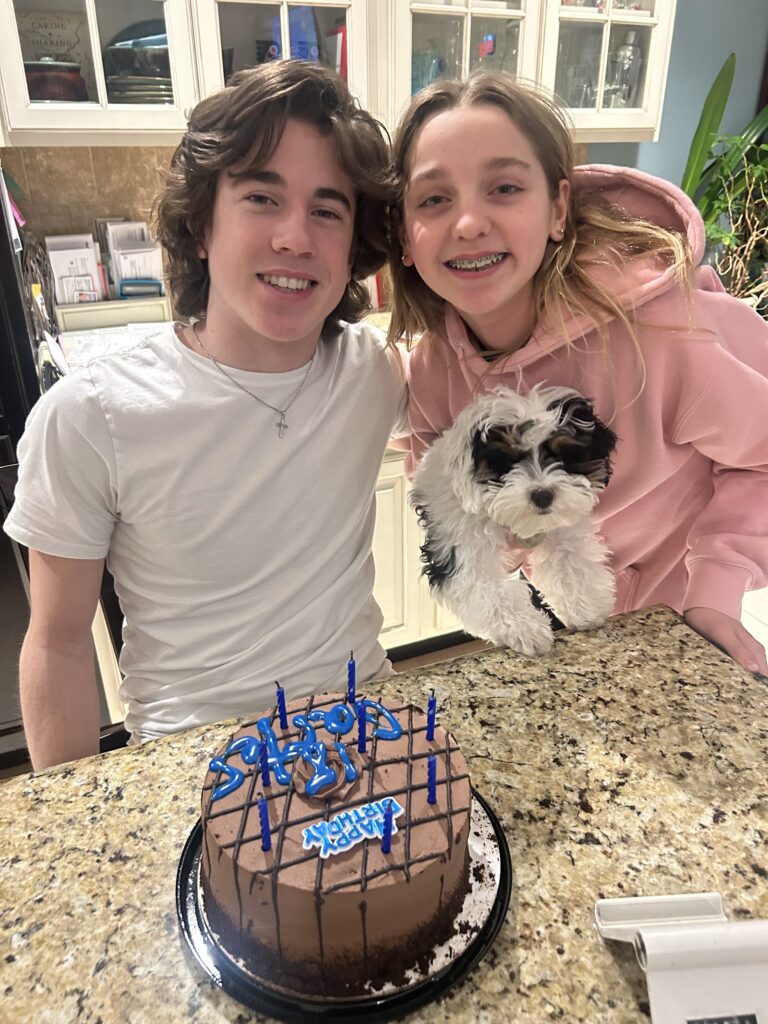
Why the Cavoodle Dog Is a Game-Changer for People with Long-Term Health Conditions
- They’re attuned. Cavoodles often sense when something’s off. They’ll quietly follow you from room to room or nuzzle into your lap when the tears start.
- They’re gentle. These dogs aren’t high-strung. They’re affectionate without being overwhelming.
- They’re low-shedding. Less mess and fewer allergens means less stress in an already busy life.
- They adapt. On bad health days, they’re content to nap by your side. On good days, they’re ready for a walk or playtime.
A client once told me her Cavoodle helped her feel “seen without needing to explain anything.” That kind of silent companionship can be profoundly healing.
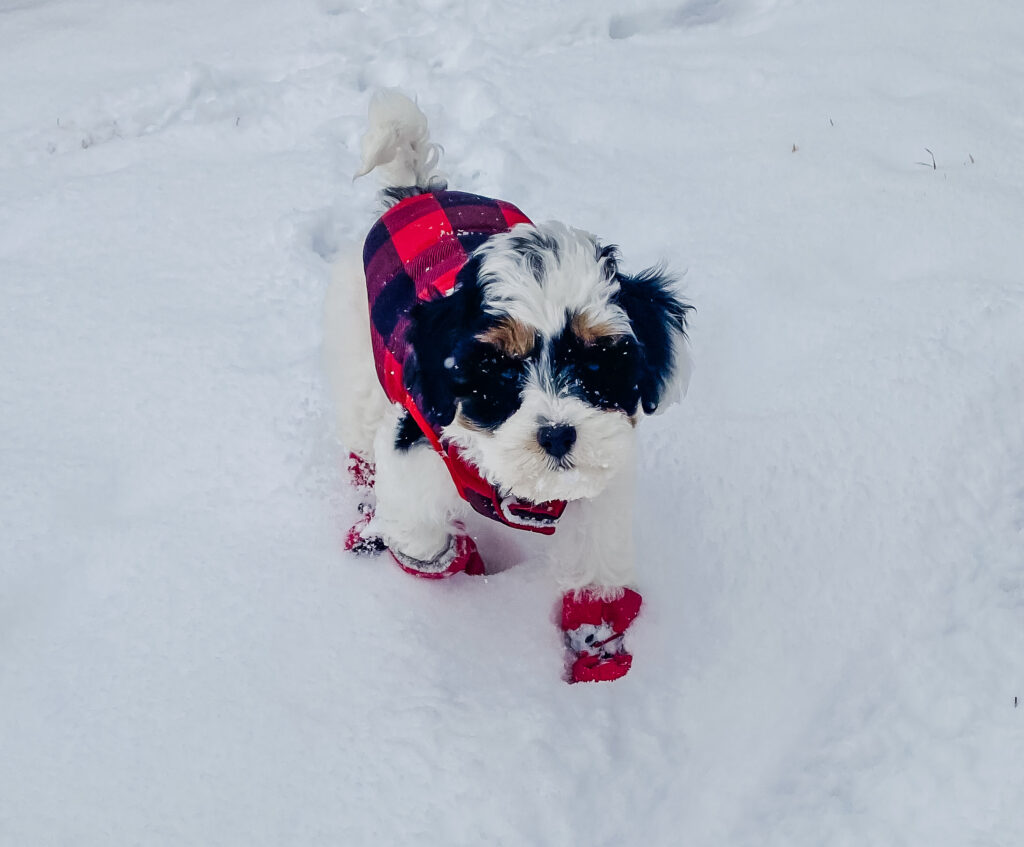
Living with a Cavoodle Dog: Day-to-Day Life
So what does it actually look like to live with a Cavoodle dog?
Picture waking up and seeing a pair of round, curious eyes peeking over the blanket. They don’t jump all over you like some breeds. They wait—tail wagging, eyes soft—until you’re ready.
Feeding is simple: a high-quality dry food made for small breeds (like Royal Canin Small Adult or Wellness CORE Small Breed). Their meals are small, nutrient-dense, and easy to portion.
They don’t need marathon walks, just a few short bursts of outdoor time and some indoor play. On rainy days? They’re more than happy to play fetch down the hallway or curl up on the couch.
Grooming? Yes, it’s a commitment. You’ll need to brush them a few times a week and plan for a professional groom every 6–8 weeks. Their coat can be curly, wavy, or somewhere in between, but it’s usually low-shedding and great for folks with sensitivities.
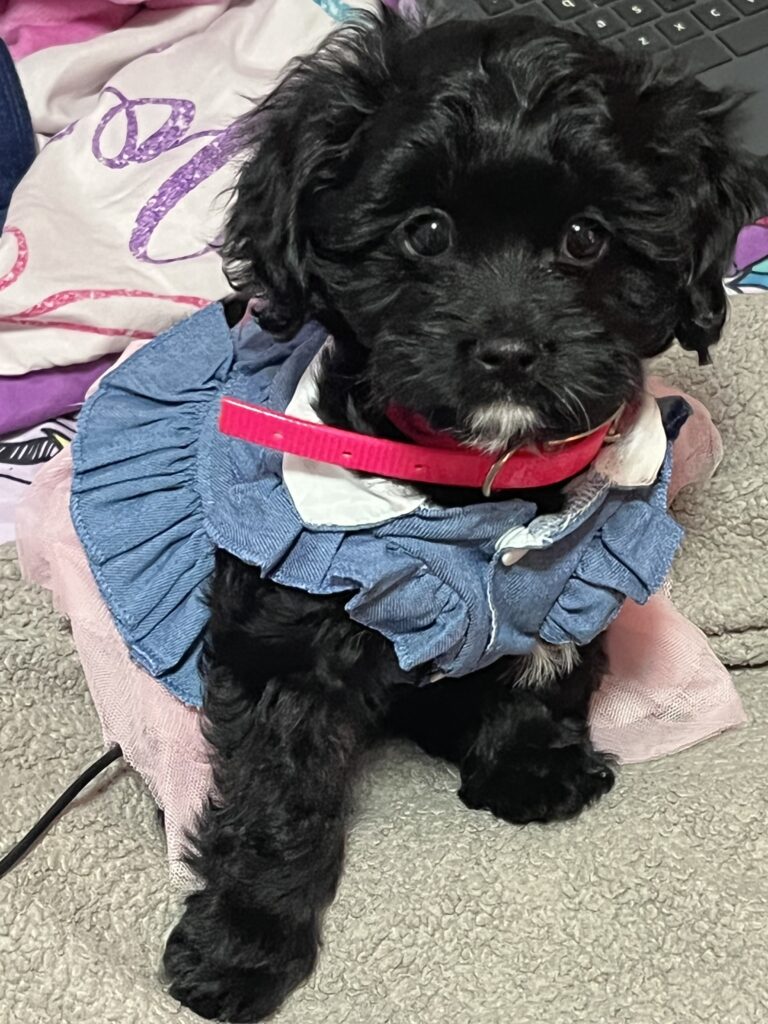
Cavoodle Dogs at the Dog Park
There’s something truly delightful about watching a Cavoodle at the dog park. They’re confident but not bossy, friendly without being frantic. I’ve seen Cavoodles trot right up to a group of dogs three times their size, tail high, ears forward, ready to play—or ready to politely walk away if the vibe isn’t quite right.
Because Cavoodles are so attuned to people and dogs alike, they tend to navigate dog park dynamics gracefully. They don’t usually spark drama, and they read cues well. Just be sure your Cavoodle is well-socialized and comfortable before unleashing them into a busy dog park. Start with quiet times or smaller groups.
Bring a favorite ball, some treats, and expect them to make a few human friends too—they’re charmers that way.
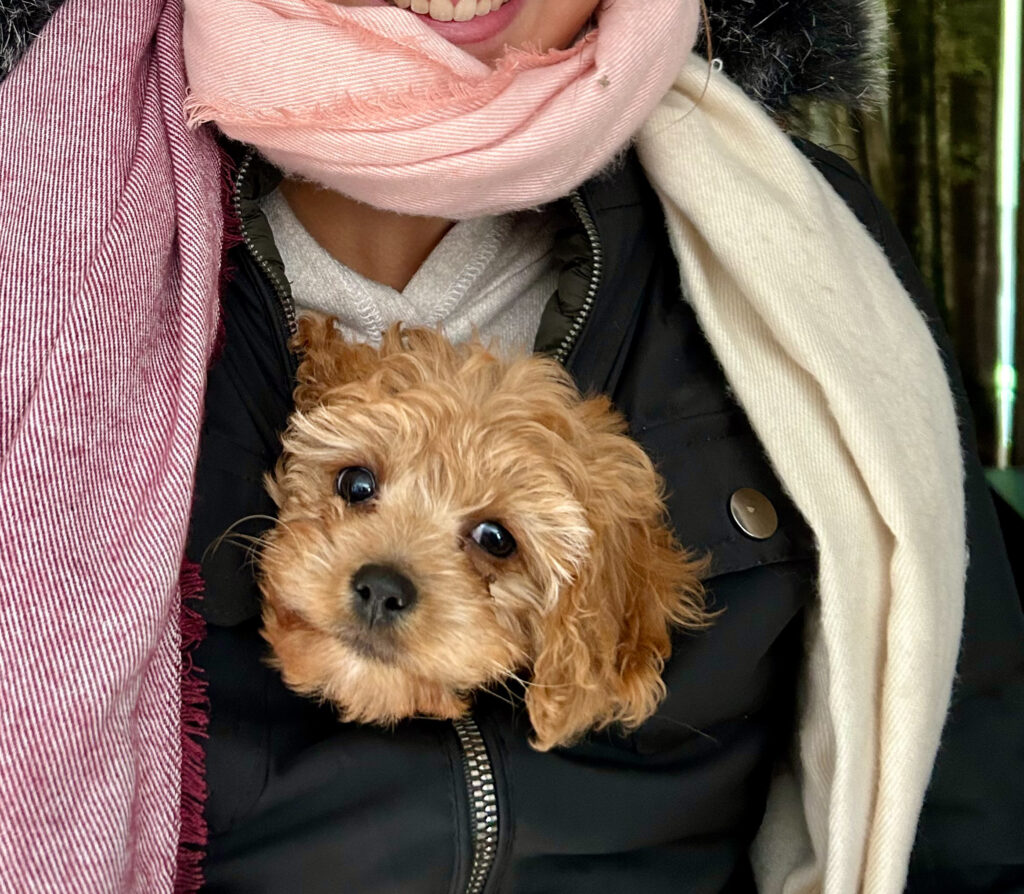
Cavoodle Dogs and Travel: Road Trips, Flights, and Hotels
If you’re the kind of person who travels often—whether for pleasure, medical appointments, or to visit family—you’ll be glad to know that Cavoodles are fantastic travel companions.
Their small size means they’re typically allowed in-cabin on most major airlines. I’ve heard stories of Cavoodles curling up in carriers under seats and sleeping through entire flights. Others are road trip pros, enjoying the ride with a chew toy or gazing out the window like a seasoned explorer.
Hotels? No problem. Cavoodles tend to be quiet, polite guests. Just bring along their bed, food, and a few comfort items to help them settle in. Apps like BringFido or GoPetFriendly can help you plan pet-friendly stops along the way.
And of course, they love being by your side. Whether it’s a weekend at the beach or a month-long stay in a new city, they’re just happy to be with you.
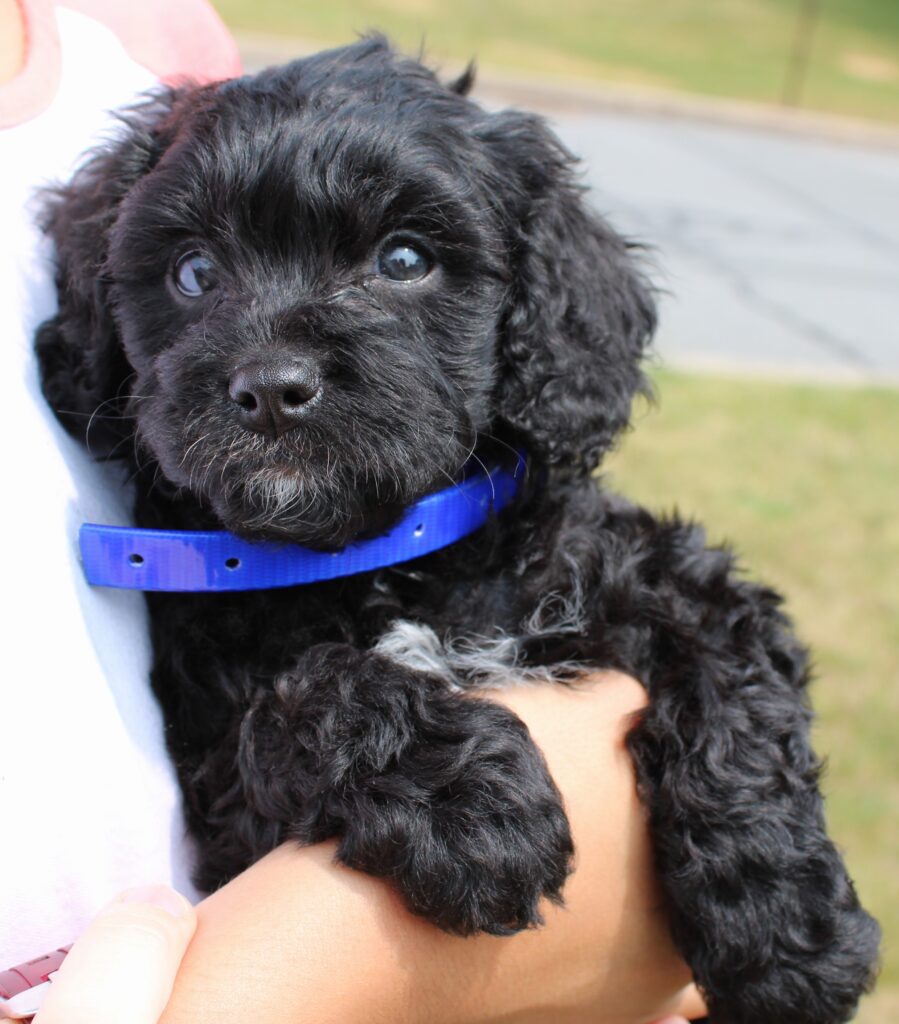
Cavoodle Dogs and Children
One of the most heartwarming things to witness is the connection between a Cavoodle dog and a child. Cavoodles are naturally gentle, patient, and affectionate—qualities that make them a standout breed for families with kids.
Unlike larger breeds that can accidentally knock over toddlers, Cavoodles are small enough to be safe but sturdy enough to handle playful hands. They tend to develop strong bonds with children and are often seen waiting patiently outside bedroom doors, snuggling during story time, or gently bringing a favorite toy for shared play.
Even more importantly, Cavoodles can be incredible companions for neurodivergent children, including those with autism or ADHD. Their consistent presence and nonverbal connection can be calming, grounding, and comforting. Some families even find their Cavoodle naturally learns to interrupt meltdowns or soothe anxiety by climbing into a child’s lap or offering a paw.
For families exploring the therapeutic benefits of dogs for children with special needs, the Autism Speaks resource on service dogs provides helpful background.

Cavoodle Intelligence and Easy Training
Cavoodles don’t just win hearts—they also win training sessions. Thanks to their Poodle lineage, Cavoodles are highly intelligent and eager to please. That combination makes them ideal for first-time dog owners, therapy dog hopefuls, or anyone who appreciates a dog who “gets it” quickly.
They respond well to positive reinforcement techniques like treats, toys, and praise, and they tend to pick up on household rhythms and voice tones easily. Within just a few days of consistent effort, most Cavoodles learn basic commands like “sit,” “stay,” “come,” and “leave it.”
They also excel in:
- Potty training and crate training
- Reading emotional cues (a huge plus for emotional support roles)
- Learning advanced tricks or tasks, such as fetching medications or opening soft doors
You can read more about training smart, sensitive breeds like Cavoodles at the American Kennel Club’s training section.
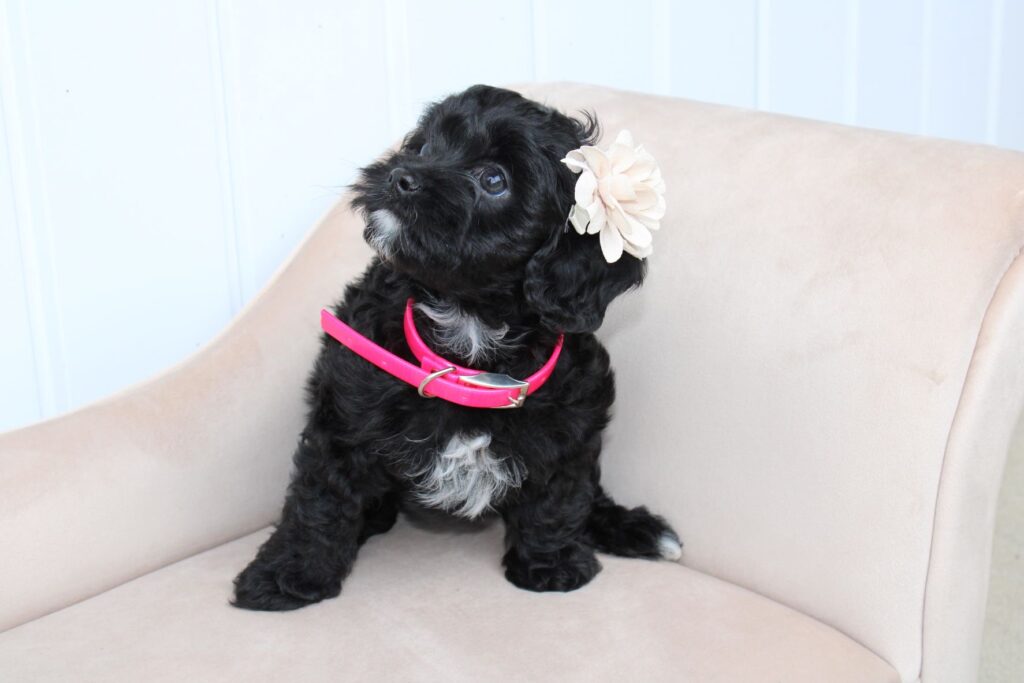
Cavoodle Exercise and Mental Stimulation Needs
While Cavoodles don’t require intense physical activity, they do need consistent daily exercise and mental stimulation to stay happy and healthy. Left unstimulated, even a sweet Cavoodle might resort to barking, chewing, or digging to release excess energy.
Aim for:
- 30–45 minutes of activity per day: a mix of walks, free play, or indoor games
- Mental enrichment: puzzle toys, slow feeders, hide-and-seek with treats
- Routine: Cavoodles thrive on predictable daily rhythms
Consider investing in toys like Outward Hound puzzle feeders or setting up a backyard “sniffari” with hidden treats. Not only does this tire them out, but it keeps their clever little minds engaged.
On days when physical activity isn’t possible—due to your health, the weather, or travel—mental games are a great alternative.
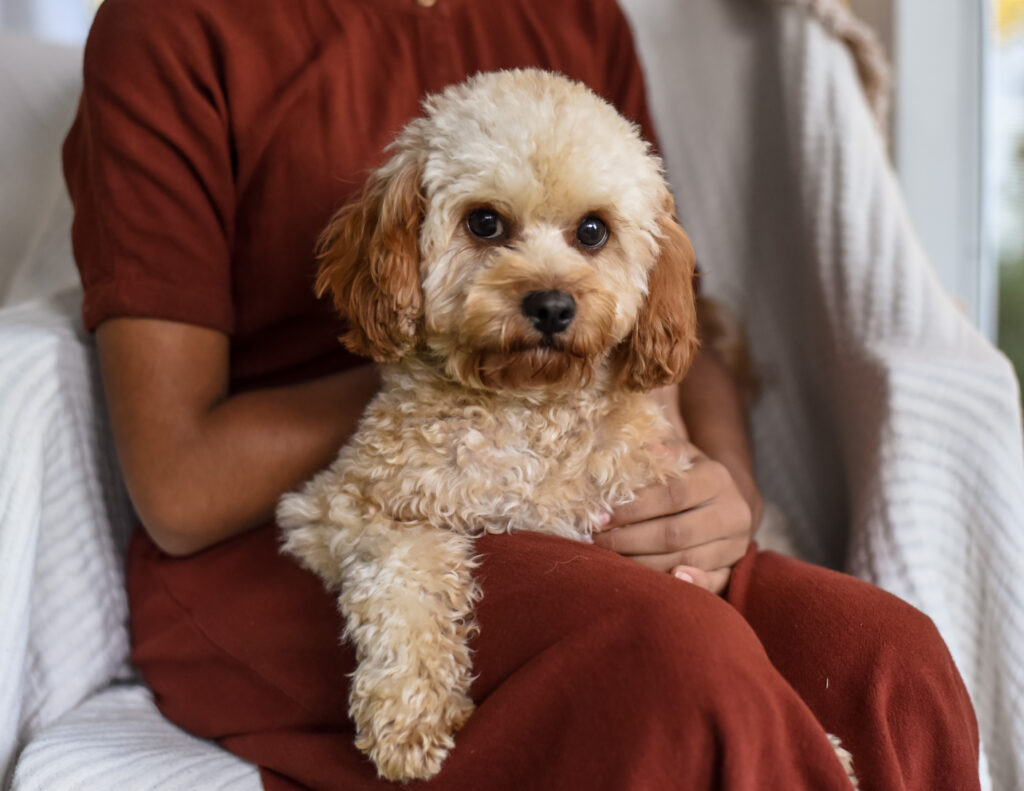
Cavoodle Grooming: What to Expect and How to Prepare
Cavoodles have some of the softest, most stroke-worthy coats out there—but that beauty comes with maintenance responsibilities. Depending on whether your Cavoodle inherits more of the Poodle curl or Cavalier wave, their coat will require regular care to stay healthy and mat-free.
Here’s what to expect:
- Brushing: 3–4 times a week with a slicker brush and metal comb
- Professional grooming: every 6–8 weeks for trims, baths, and sanitary care
- Eye and ear care: Cavoodles are prone to tear staining and wax buildup, so gentle wipes and regular checks are essential
- Nail trims: every 3–4 weeks depending on activity level
Don’t worry—it’s not all DIY. Many Cavoodle families develop a good relationship with their groomer, who can help guide coat management. For first-time owners, the AKC’s grooming checklist is a great place to start.
Teaching your Cavoodle to enjoy grooming from a young age is also key. Start with gentle brushing during cuddle time, introduce nail clippers slowly, and reward cooperation with treats and praise.
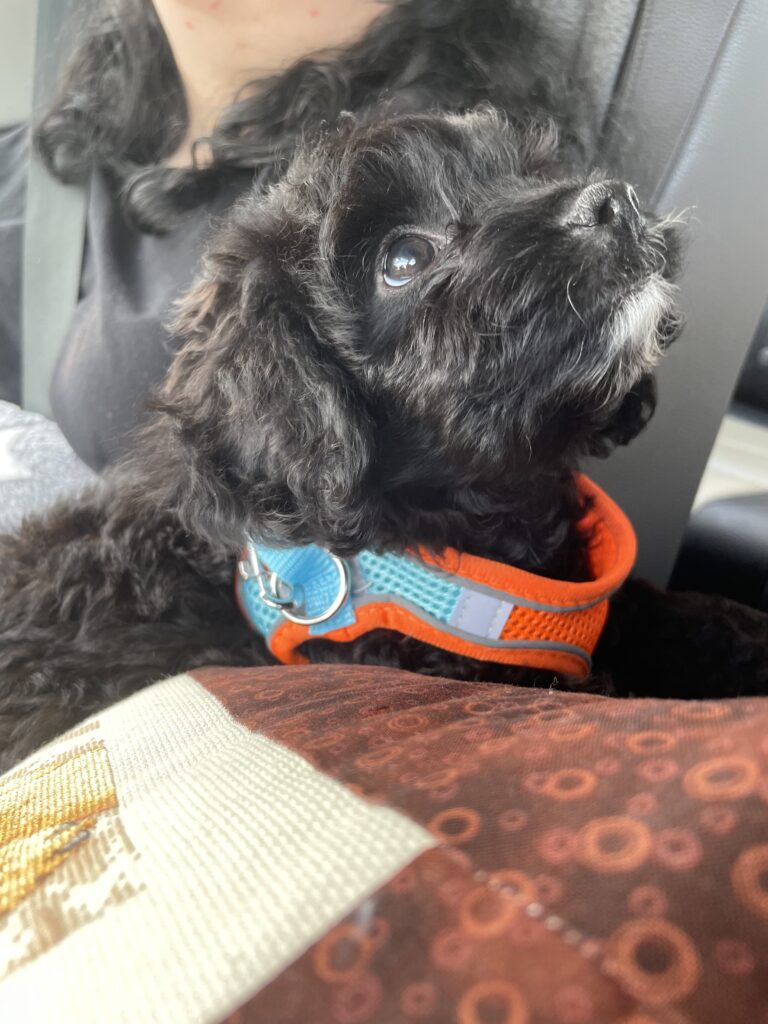
A Heartfelt Word on Ethical Breeding: Storytail Dogs
Storytail Dogs—an ethical Cavapoo and Maltipoo breeder in Pennsylvania. We do things differently:
- Puppies are raised in-home—not in kennels
- Early neurological stimulation and scent exposure begin in the first weeks
- Socialization includes kids, other dogs, crate time, grooming tools, and even car rides
- Every family is thoughtfully matched with a puppy based on temperament and lifestyle
It’s not just about finding a cute dog—it’s about setting up both dog and human for success.
You can see our available puppies here.
Want Help Choosing the Right Breed?
Still deciding between a Cavapoo and a Maltipoo? Not sure which personality suits your home best? Take our quick quiz to find out which Storytail Dogs breed might be the perfect match for you:
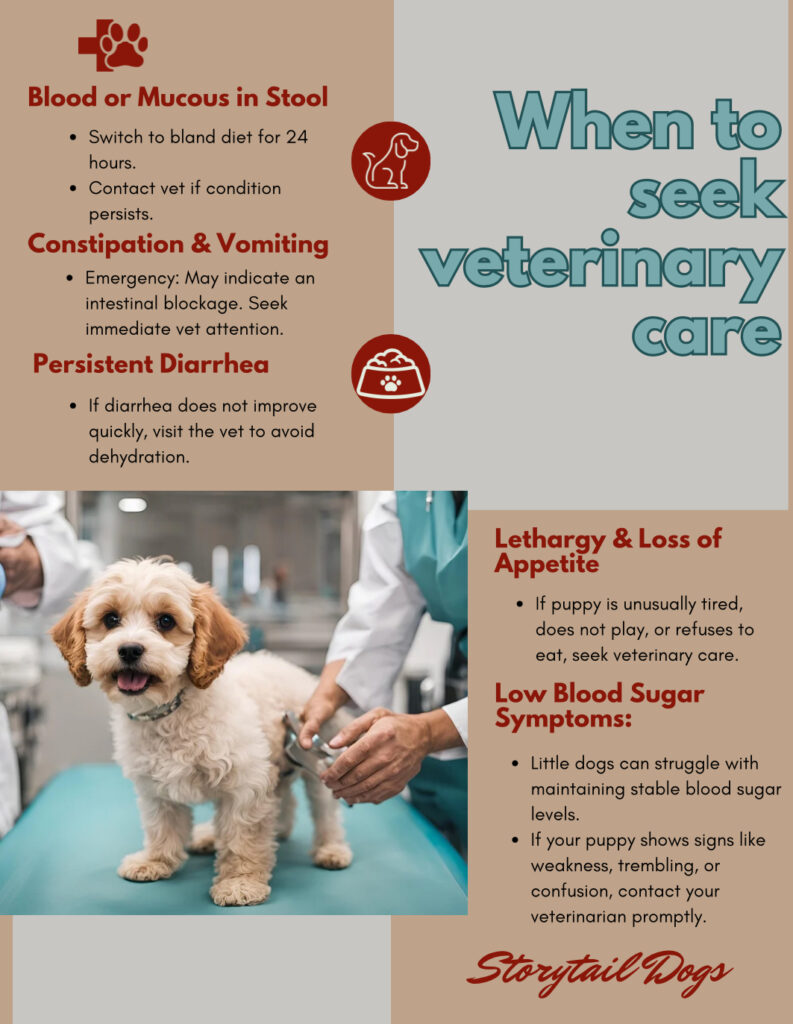
Final Thoughts: Why a Cavoodle Dog Is More Than Just a Pet
Let’s be real—life with a long-term health condition isn’t easy. It’s full of unpredictability and fatigue and moments where the world just feels heavy. A Cavoodle dog doesn’t take that all away—but they show up. Every day. With tail wags, warm snuggles, and that uncanny ability to make the day feel lighter.
They’re not just pets. They’re partners in healing.
If you’re considering adding a Cavoodle to your life, I’d love to hear your thoughts. What kind of support do you need most right now? What would it mean to have a companion who truly gets you?
Drop a comment, send a message, or start your journey with Storytail Dogs. There’s a pup out there waiting to walk beside you.
Leave a Reply Cancel reply
Storytail Dogs
A Dog For Your Story. Focused on READ dogs, therapy dogs, and resilient family companions.
@storytaildogs
© StorytailDogs 2024. All rights reserved. | Legal |